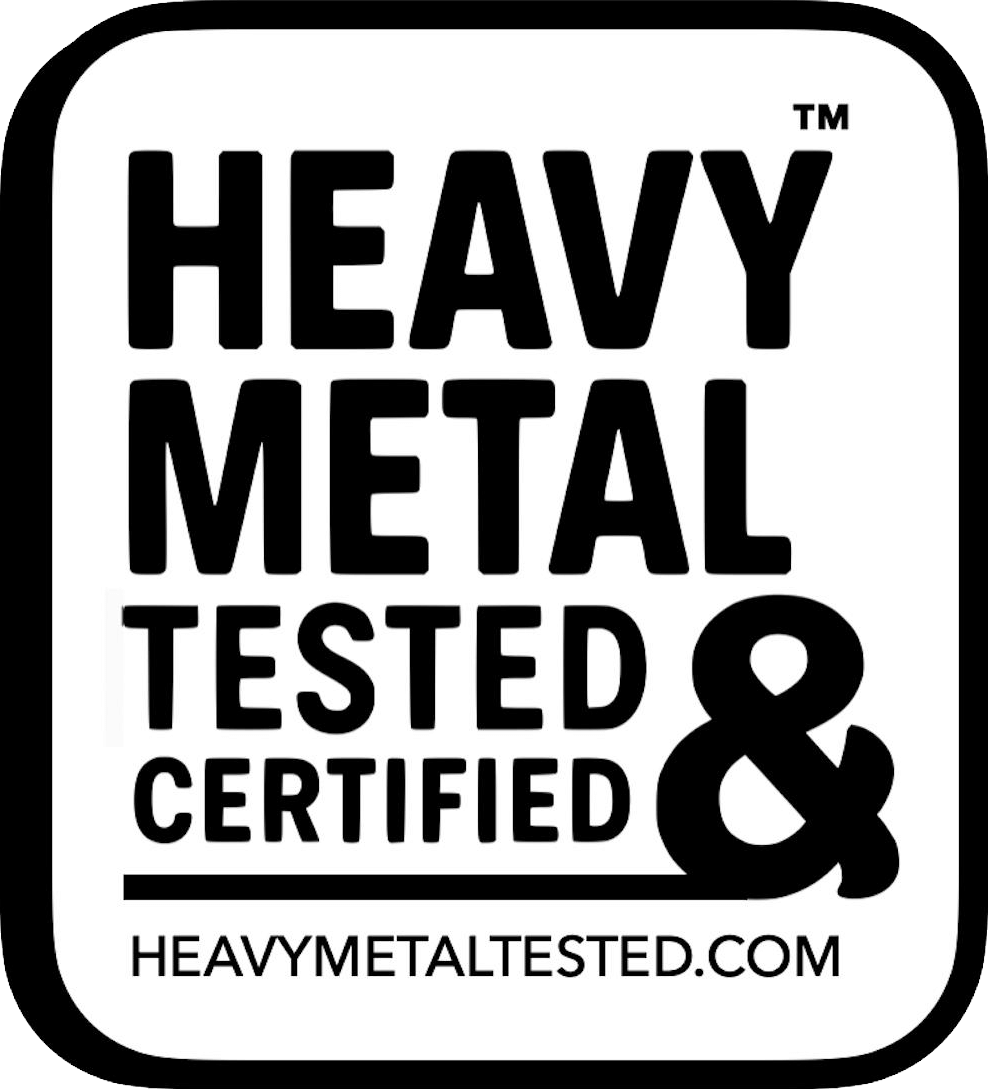What was issued?
The study investigates the migration of aluminum (Al) from beverage cans into the contents of the cans, specifically tea and beer. The research finds that aluminum migration increases over time, with dented cans showing significantly higher aluminum levels than undamaged cans. Over a period of seven months, aluminum concentration increased by 0.14 mg/L in beer and 0.6 mg/L in tea from undamaged cans, while in dented cans, the increase was much more significant—9.6 mg/L in tea. The study also notes that aluminum migration in tea is much higher than in beer, likely due to the more acidic nature of tea and the presence of citric acid, which enhances aluminum absorption.
Who is affected?
The study’s findings primarily affect consumers of canned beverages, particularly those with dented cans. These consumers are at risk of ingesting higher levels of aluminum, especially when consuming products like tea, which shows a more significant increase in aluminum migration. This also has implications for the food and beverage packaging industry, particularly manufacturers of aluminum cans. Regulatory bodies must ensure that materials used for food contact comply with safe limits for aluminum migration. Additionally, public health authorities should monitor aluminum intake from food sources, especially considering potential long-term effects on human health from chronic exposure, including neurotoxicity and other health issues associated with aluminum accumulation.
Most important findings
The study reveals that aluminum migration from cans into beverages is influenced by both time and the condition of the cans, with dented cans showing significantly higher aluminum levels. The increase in aluminum concentration in beer and tea stored in undamaged cans over seven months was modest but notable, while in dented cans, the aluminum content in tea increased dramatically. This increase in aluminum levels was attributed to the breakdown of the protective internal coating of the cans, which is more likely to happen in dented cans. The research underscores the risk of higher aluminum intake from damaged cans, particularly with beverages like tea that have a lower pH, which promotes aluminum migration.
Key implications
The findings emphasize the need for greater consumer awareness about the potential risks of consuming beverages from dented cans. The food and beverage packaging industry should reconsider the design and materials used in beverage cans to prevent aluminum migration, particularly in products like tea. Regulatory bodies should establish stricter guidelines for aluminum migration from food contact materials, especially for products with a higher risk of migration, such as acidic beverages. Public health initiatives should focus on reducing aluminum exposure, particularly for vulnerable populations like infants and individuals with compromised renal function. Furthermore, there is a need for continued research into the long-term effects of aluminum exposure from food packaging materials on human health.
Citation
Veríssimo, M. I., & Gomes, M. T. S. (2008). Aluminium migration into beverages: Are dented cans safe?Science of The Total Environment, 405(1-3), 385-388. https://doi.org/10.1016/j.scitotenv.2008.05.045
Aluminum is a pervasive metal found in a wide range of consumer products, from food packaging and cookware to medications and personal care items. Although often overlooked, aluminum exposure can accumulate over time, posing long-term health risks, especially to vulnerable populations like infants, children, and individuals with kidney conditions.

